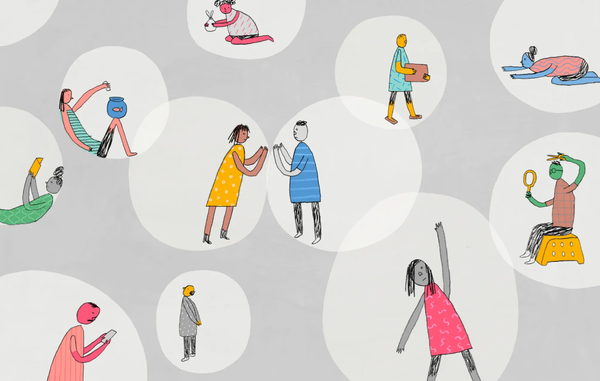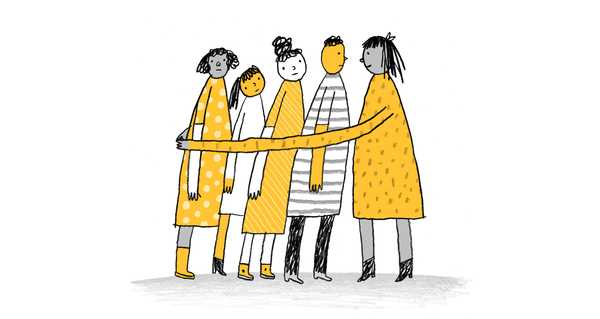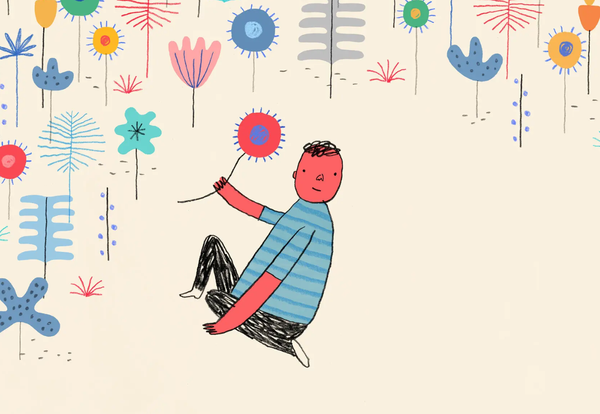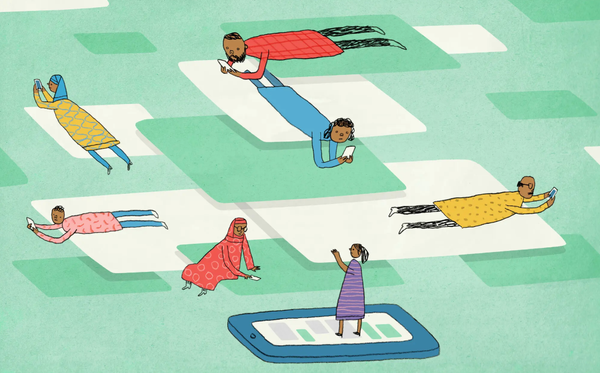Teenage Trials: Chronic Illness and the Not-So-Invisible Teen Warriors
The term "glass child" is widely used on social media like TikTok. It refers to a child who is overlooked or ignored compared to their siblings. In this scenario, many feel they are battling with their family for an ounce of appreciation. I grew up a glass child between my older brother and my twin sibling, but my chronic illness has forced me into the blinding light of the medical stage.
My childhood was filled with school, reading, writing, and horseback riding. I was referred to as a gifted kid and presented to teachers as a new challenge. These situations caused me to fall into a rut of never allowing myself to take a break; I’d be great or nothing.
This was until the summer before my freshman year in high school. I had just tied a neat bow onto my last year of middle school, winning two awards for my academic excellence, grit, and kindness towards others. Did this satisfy my need for greatness? Not even close. My afternoons were spent grinding on any assignments, working until 10 pm for free at my local barn, and staying after school for mentorship by my English teacher. July 17th, my excellency collided with fault, my back cracking from a horse fall. Following this, I endured countless doctor appointments from complications and anxiety riddled my body. What if I’d never be great again? I fell into a deep depression, forced to succumb to the overbearing weight of my medical issues and bullying. That year, I disappeared.
The following school year, I found where I belonged in a new school. Considering my previous injury, my pain every day seemed normal. Many teens with chronic illnesses are overlooked by their doctors, and sometimes, themselves, as it is labeled as anxiety or faking. I was a glass child until I broke the glass.
My new life consisted of physical therapy twice a week, and double the doctor's appointments, to treat the untreatable Amplified Musculoskeletal Pain Syndrome. The common misconceptions about chronic illness consist of the distinction between sick people and normal people. What nobody realizes, is that you are still the person you were before, and you grieve your past self constantly. You must lose your life to build a new one, but it is painfully unwilling. After diagnosis, a previously healthy teenager conforms to an abstract life without processing. The grieving is not just for your body, but for your family, your future, and your life. Often, teens like myself grieve with the five stages of grief.
- Denial - Refusing to accept the circumstances and pushing yourself beyond belief to hopefully become “normal”.
- Anger - Why me?
- Bargaining - If only I had done this, pleaded with the doctors more, or ignored it.
- Depression - Who am I now? Will I ever feel like myself again?
- Acceptance - Slowing moving forward into the new life, but never fully letting go of the grievance and memories.
Being a teen makes chronic illness imperatively difficult. Your teen years are when someone discovers, pushes, and enjoys themselves. These ideas are carved into a teen’s heart, their bloody dreams forever scarring the once hopeful child within them. In the life of a teen with chronic illness, advocacy is necessary. My biggest struggle, along with many others, is feeling utterly alone in my illness. Every adolescent must learn skills of self-advocacy, and adapt to a completely unwarranted life change. In summary, it’s seemingly impossible.
The question is, how do you navigate this? How can I help a teen with a chronic illness? Advocate, familiarize, and flourish. Chronic illness is a descriptor of someone, but when it becomes a definition, the grievance cycle repeats. Advocate for yourself to doctors, or use your time and abilities to advocate for your person when needed. Familiarize yourself with the chronic illness, what it requires of you, or how you can help the person. With your peers, familiarize them, help them understand, and lift a weight from your person’s shoulders. Lastly, flourish. The majority of chronic illnesses take a drastic toll on a teen’s life. The most beneficial thing you can do is live in the ways you can. When I had to leave my dream school, I applied to online advocacy groups, found my love for media and music, and enjoyed my life outside of my illness.
The term “glass child” represents many across the globe, and in many ways, I’m glad I’ll never fully resonate with it again. I’m writing this so one teen out there knows they are seen, despite how isolated they feel. My diagnosis left me melting into the bathroom floor most hours of the night, with little support. Symptoms of chronic illness aren’t just pain, nausea, or fatigue, it pumps our veins with feelings of bewilderment, depression, and solitude. Choose to shine a light onto the glass, and cause a reflection.





